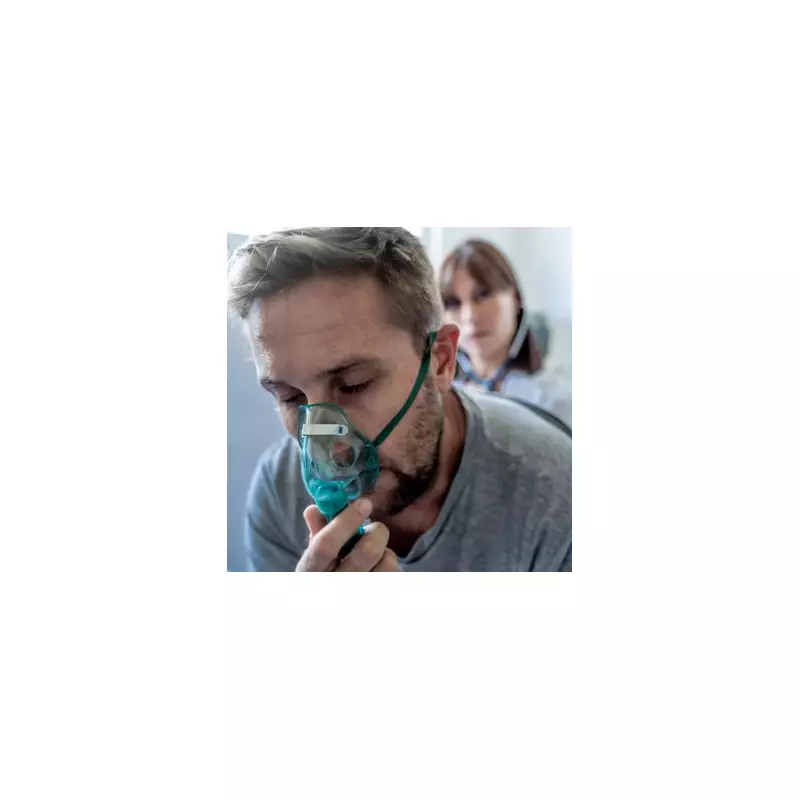
As winter tightens its grip, the NHS has issued a crucial health alert urging Britons to familiarise themselves with four key pneumonia symptoms that could signal a serious medical emergency.
The Silent Winter Threat
With temperatures dropping and respiratory illnesses circulating, pneumonia represents a significant health risk, particularly for vulnerable groups. The potentially deadly lung infection requires prompt treatment, making early recognition of symptoms absolutely vital.
The Four Critical Warning Signs
Medical experts emphasise that these four symptoms should never be ignored:
- Persistent coughing - Often producing yellow, green, or bloody mucus
- Breathing difficulties - Feeling short of breath even during rest
- Chest pain - Sharp or stabbing discomfort that worsens with breathing or coughing
- High fever - Accompanied by sweating, shivering, and loss of appetite
Why Immediate Action Matters
"Pneumonia can rapidly become life-threatening if left untreated," explains a senior NHS consultant. "The window for effective intervention is often narrow, particularly in elderly patients or those with existing health conditions."
Additional symptoms to watch for include rapid heartbeat, nausea, and extreme fatigue. In severe cases, confusion and disorientation may develop, indicating the infection has significantly progressed.
Protecting Vulnerable Groups
Those most at risk include:
- Adults over 65
- Young children
- People with chronic conditions like asthma, heart disease, or diabetes
- Individuals with weakened immune systems
- Smokers and heavy drinkers
The NHS advises these groups to be particularly vigilant and seek medical help at the first sign of symptoms.
Prevention and Protection
While pneumonia can strike anyone, preventive measures significantly reduce risk. These include getting the pneumonia vaccination if eligible, practising good hand hygiene, and avoiding close contact with people who have respiratory infections.
If you or someone you know experiences any of these warning signs, contact NHS 111 immediately or visit your nearest A&E for severe symptoms. Early intervention saves lives.





